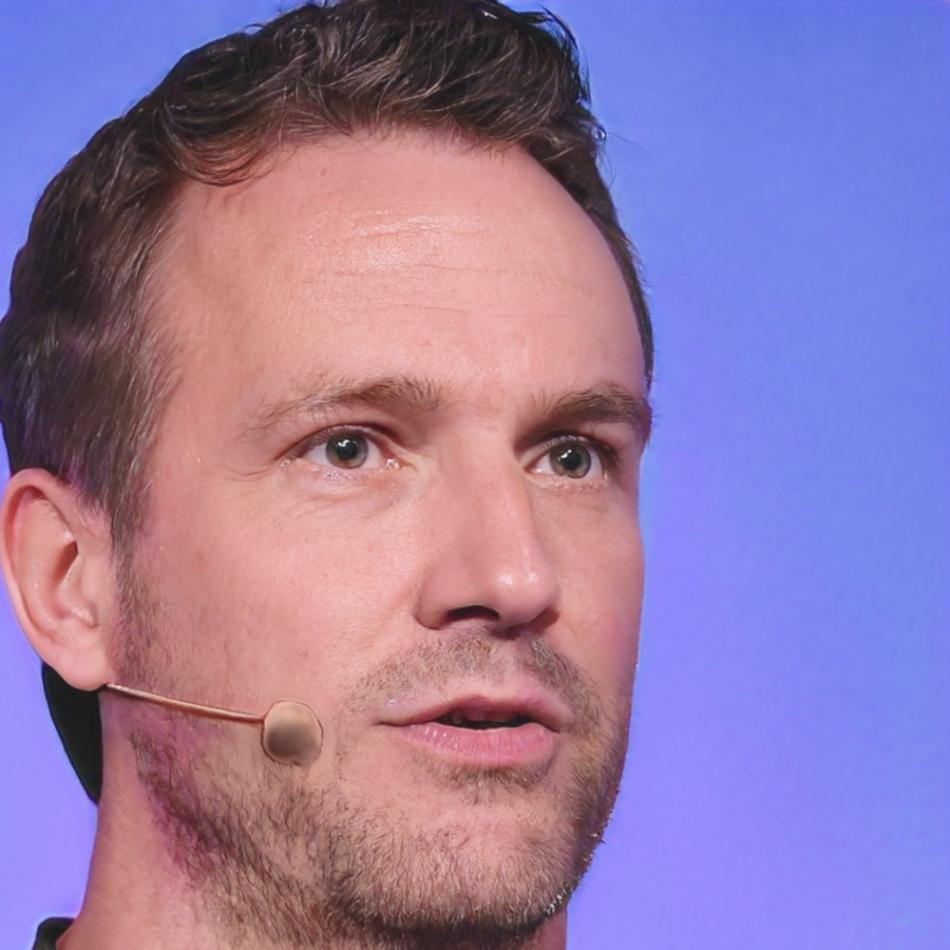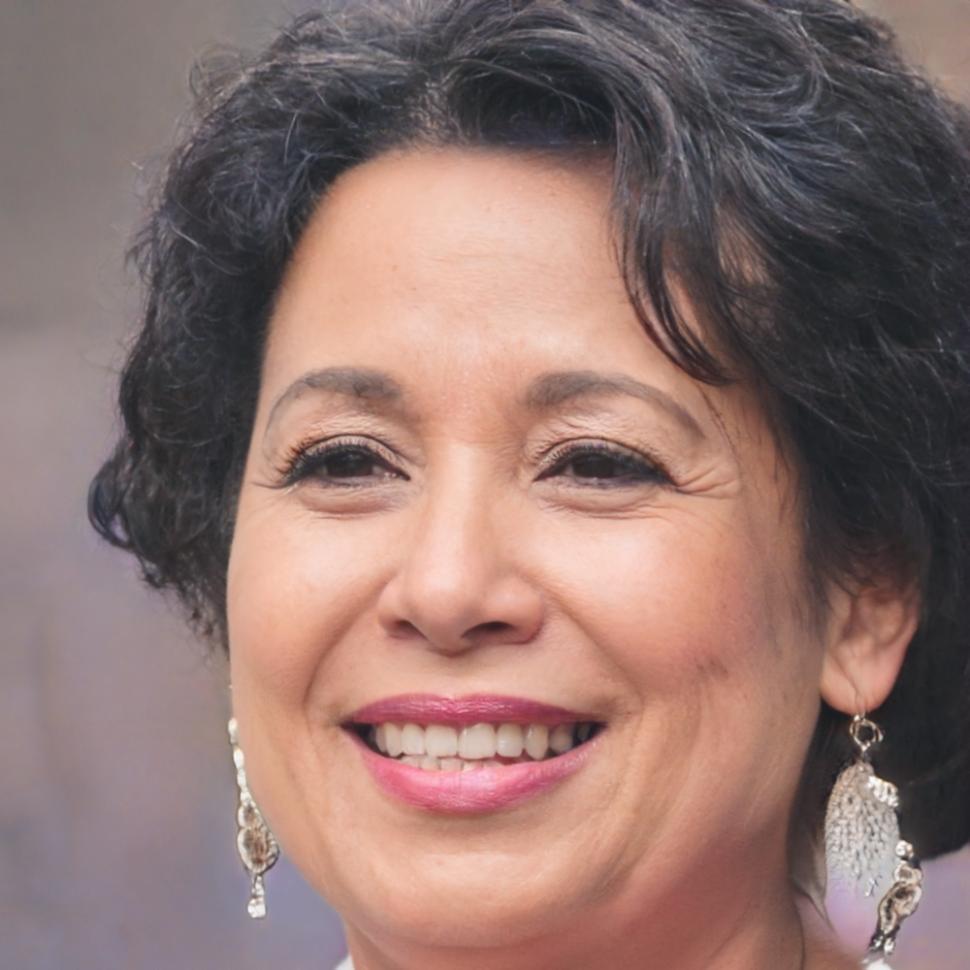Financial Analysis That Actually Makes Sense
Understanding your money doesn't require a finance degree. We break down balance sheets, cash flow statements, and investment decisions into concepts you can actually use. Start building practical skills that help you interpret financial data with confidence.
Explore Our Programs
Learn With Others Who Are Figuring It Out Too
Financial analysis isn't something you master in isolation. Our programs connect you with peers who are working through the same challenges, asking similar questions, and discovering insights together.
Group Problem Solving
Work through real financial scenarios with small peer groups. Discuss different approaches to analyzing statements, compare interpretations, and learn from multiple perspectives on the same data set.
Shared Case Reviews
Analyze actual business financials together. You'll see how others approach ratio analysis, spot trends you might have missed, and develop a more thorough analytical process through collective examination.
Peer Feedback Sessions
Present your analysis to the group and get constructive input. It's one thing to understand concepts privately, but explaining your reasoning to others solidifies your understanding and reveals gaps you didn't know existed.

Finding Your Path Through Financial Concepts
Financial analysis covers a lot of ground. We help you navigate based on what you're trying to accomplish, not by forcing everyone through identical material.
Maybe you're evaluating investment opportunities. Or trying to understand whether your business is actually profitable once you account for everything. Perhaps you need to make sense of financial reports for work. Different goals require different analytical approaches.
- We start by understanding what financial decisions you're facing and what data you're working with
- Then we focus on the specific analytical tools relevant to your situation
- You'll practice with scenarios similar to what you'll encounter in reality
- Build confidence through guided analysis before tackling your own financial questions


What You'll Actually Learn
Our programs focus on practical application rather than theoretical knowledge. You'll work with real financial documents, make actual analytical decisions, and develop skills you can use immediately.
Reading Financial Statements
Learn to extract meaningful information from balance sheets, income statements, and cash flow reports. Understand what the numbers actually indicate about financial health and operational performance.
Ratio Analysis Techniques
Calculate and interpret liquidity ratios, profitability metrics, and efficiency indicators. More importantly, understand what different ratios reveal about business operations and when each type of analysis is most useful.
Trend Identification
Spot patterns in financial data over time. Recognize warning signs early and identify positive developments. Learn to separate normal fluctuations from significant changes that require attention.
Investment Evaluation
Apply analytical frameworks to assess potential investments. Understand risk factors, calculate returns, and make comparisons between different opportunities using consistent criteria.

Hear From Recent Participants
People from different backgrounds have used these skills to make better financial decisions in their work and personal lives.

Tobias Lundqvist
Small Business Owner, Perth
I always felt like my accountant was speaking another language when we reviewed quarterly reports. After completing the financial analysis program, I can actually understand what the numbers mean for my business. I'm asking better questions and making more informed decisions about expenses and investments.

Saoirse Callahan
Project Manager, Melbourne
My role doesn't require deep financial expertise, but understanding budget reports and cost analysis has made me more effective at work. The collaborative approach helped me learn faster because I could see how others interpreted the same data differently. Programs start in September 2026, and I'm recommending it to colleagues.
Ready to Build Financial Confidence?
Our next program begins in August 2026. Spaces are limited to maintain the collaborative learning environment that makes these concepts stick. Take a look at what's covered and decide if it's right for your goals.